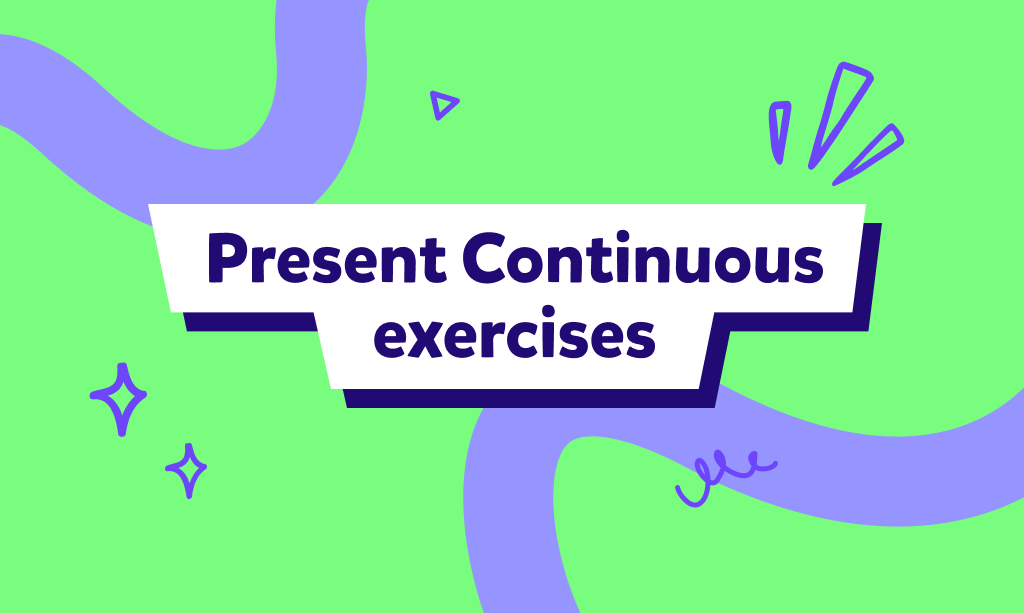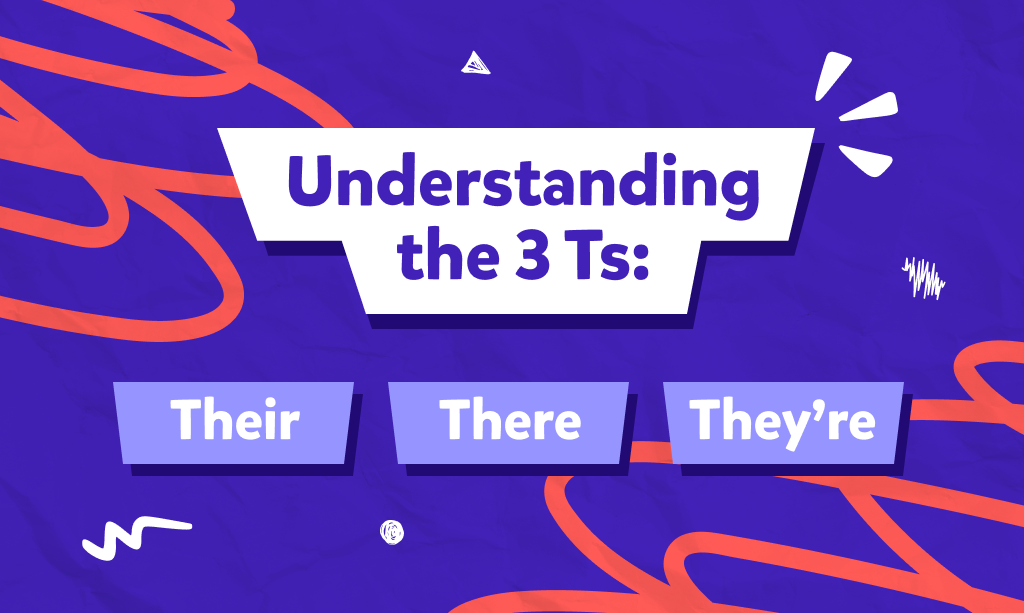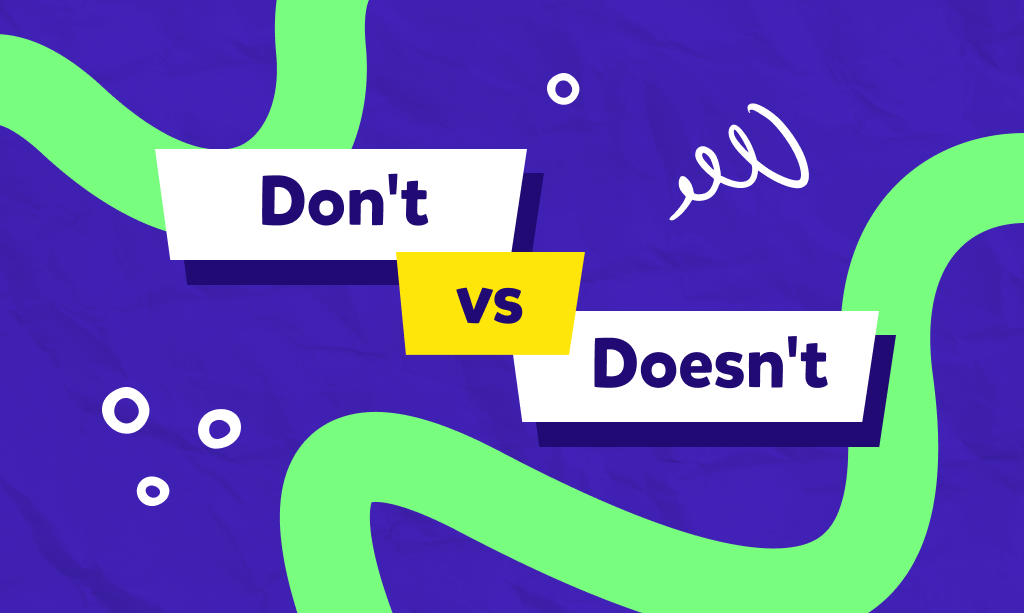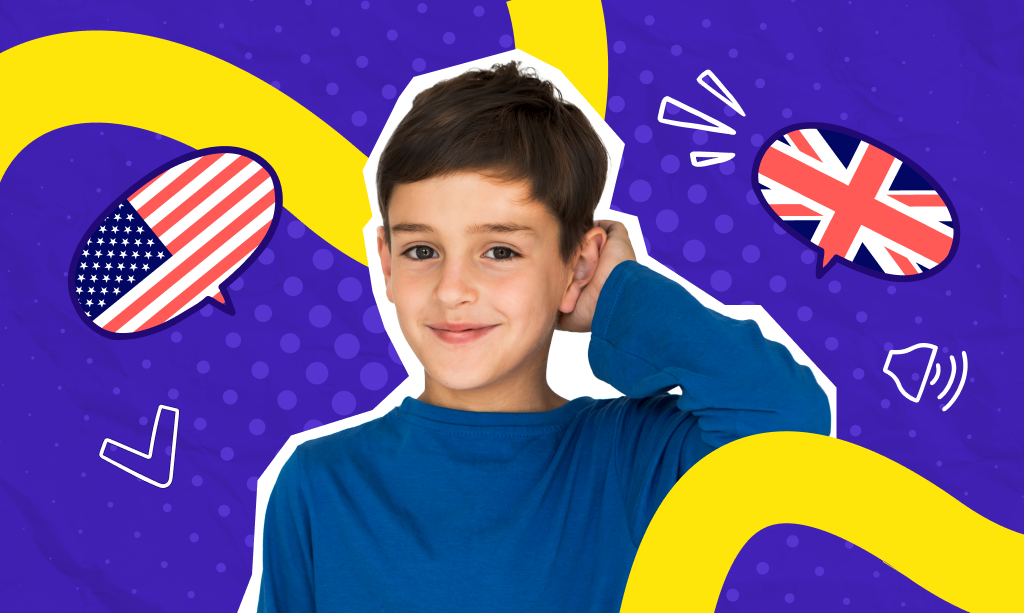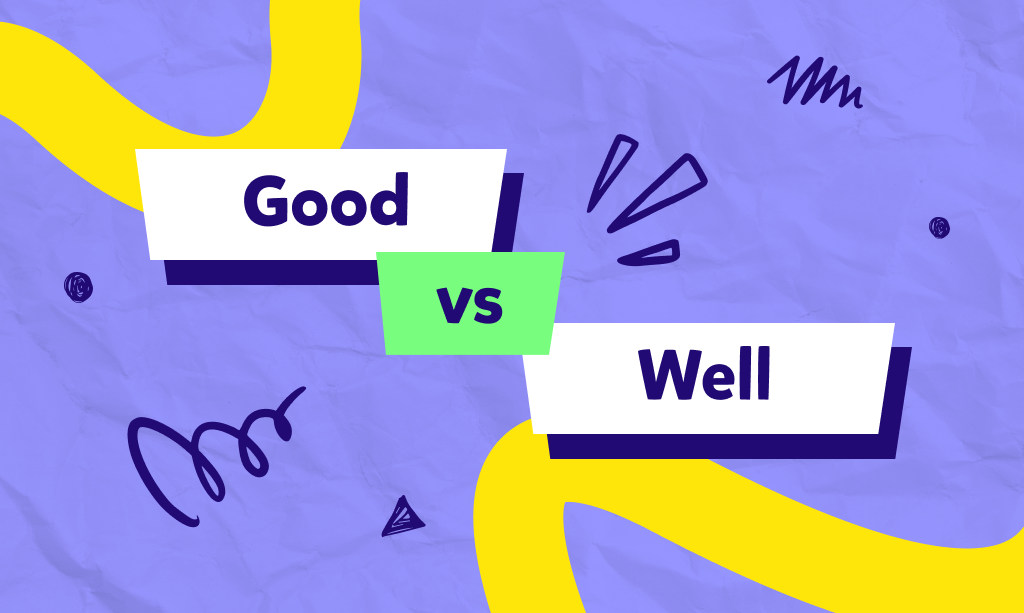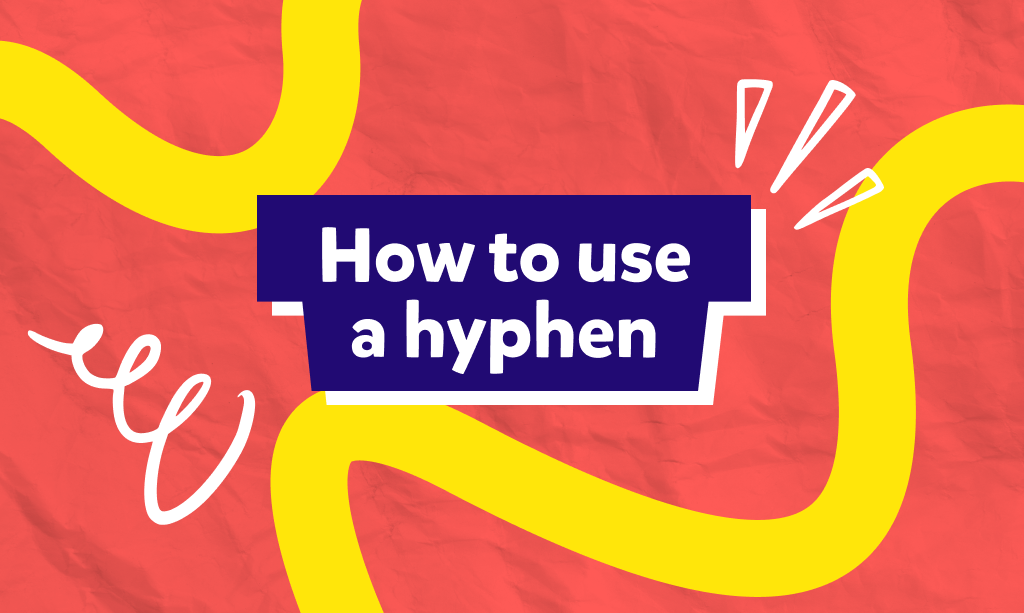- Present Continuous praktyczne zadania do rozwiązywania
- Ćwiczenia "fill the gap"
- Ćwiczenia "wybierz poprawną odpowiedź"
- Ćwiczenia z dialogami
Past Continuous (czas przeszły ciągły) to czas gramatyczny w języku angielskim, który pozwala opisywać zdarzenia lub czynności, które trwały w określonym momencie w przeszłości. Często używamy go, gdy chcemy pokazać, że coś działo się równolegle z innym wydarzeniem lub podkreślić, że była to czynność trwająca przez jakiś czas. Aby lepiej zrozumieć zasady stosowania tego czasu, przygotowaliśmy dla Ciebie zestaw interaktywnych ćwiczeń. Dzięki nim utrwalisz użycie Past Continuous w różnych kontekstach i przekonasz się, jak łatwo można go zastosować w praktyce!
Present Continuous praktyczne zadania do rozwiązywania
Ćwiczenia "fill the gap"
Uzupełnij zdania, wybierając odpowiednią formę czasownika spośród trzech dostępnych opcji: a, b lub c.
- Czynności trwające teraz:
They _______ a movie in the living room at the moment. (watch) 
are watching
The dog _______ at the cat right now. (bark) 
is barking
I _______ a cup of coffee as we speak. (drink) 
am drinking
Look! The children _______ in the park. (play) 
are playing
He _______ his homework right now. (do) 
is doing
We _______ to music in the living room at the moment. (listen) 
are listening
I _______ a book while you are cooking. (read) 
am reading
She _______ to the store at this very minute. (go) 
is going
- Czynności tymczasowe:
He _______ a new project just for this week. (manage) 
is managing
We _______ with our friends while our house is being renovated. (stay) 
are staying
She _______ extra hours at work to save money for her vacation. (work) 
is working
My brother _______ at a café during the holidays. (work) 
is working
They _______ in London for a few weeks. (stay) 
are staying
We _______ at our grandparents' house this summer. (live) 
are living
She _______ yoga classes to improve her flexibility this month. (take) 
is taking
I _______ Spanish because I want to travel to Spain next year. ( study) 
am studying
- Zmieniające się sytuacje:
The days _______ shorter as winter approaches. (become) 
are becoming
More and more people _______ electric cars these days. (buy) 
are buying
Our city _______ more crowded every year. (get) 
is getting
The weather _______ colder and colder these days. (become) 
is becoming
People _______ more conscious about their health recently. (become) 
are becoming
Technology _______ so fast nowadays. (change) 
is changing
The prices of goods _______ higher every month. (rise) 
are rising
My little sister _______ more independent as she grows up. (become) 
is becoming
Ćwiczenia "wybierz poprawną odpowiedź"
Wybierz poprawną formę czasownika dla podanego zdania.
- Wybór formy czasownika:
The children _______ in the garden at the moment. (play) 
are playing
I _______ to my favorite podcast right now. (listen) 
am listening
We _______ our room this afternoon. (clean) 
are cleaning
She _______ a letter to her friend at the moment. (write) 
is writing
The dog _______ around the yard now. (run) 
is running
They _______ their bikes in the park. (ride) 
are riding
I _______ dinner at the moment. (cook) 
am cooking
The cat _______ on the windowsill now. (sleep) 
is sleeping
You _______ too much noise right now! (make) 
are making
My friend _______ to a new song these days. (listen) 
is listening
- Wybór wyrażenia czasu:
I _______ dinner right now. (cook) 
am cooking
The children _______ in the garden at the moment. (play) 
are playing
I _______ to my favorite podcast right now. (listen) 
am listening
We _______ our room this afternoon. (clean) 
are cleaning
She _______ a letter to her friend at the moment. (write) 
is writing
The dog _______ around the yard now. (run) 
is running
She _______ a book at the moment. (read) 
is reading
They _______ football this week. (practice) 
are practicing
We _______ a party now. (plan) 
are planning
He _______ currently for his exams. (study) 
is studying
- Tworzenie pytań:
_______ he eating breakfast now? 
Is
_______ you watching TV at the moment? 
Are
What _______ she doing right now? 
is
_______ they coming to the party tonight? 
Are
_______ they playing football in the park? 
Are
What _______ you cooking for dinner? 
are
_______ it raining outside right now? 
Is
Why _______ she laughing so loudly? 
is
Who _______ you talking to on the phone? 
are
Why _______ you wearing a jacket in summer? 
are
Ćwiczenia z dialogami
Przeczytaj poniższe dialogi i uzupełnij brakujące formy czasownika.
Dialogi do uzupełnienia:
1.
Osoba A: What _______ (you/do) right now?
Osoba B: I _______ (prepare) dinner for the guests.
2.
Osoba A: Why _______ (he/look) out of the window?
Osoba B: He _______ (wait) for the delivery truck.
3.
Osoba A: _______ (they/plan) something special for the weekend?
Osoba B: Yes, they _______ (organize) a surprise party for their friend.
4.
Osoba A: _______ (it/rain) outside at the moment?
Osoba B: No, it _______ (not/rain), but the sky looks cloudy.
5.
Osoba A: Where _______ (you/go) now?
Osoba B: I _______ (head) to the gym for my evening workout.
Sprawdź odpowiedzi w załączonym kluczu.
Odpowiedzi 
1. are you doing | am preparing
2. is he looking | is waiting
3. Are they planning | are organizing
4. Is it raining | is not raining
5. are you going | am heading
Jeśli chcesz, aby Twoje dziecko rozwijało swoje umiejętności pod okiem lektora, rozważ zapisy na lekcje angielskiego od podstaw w Novakid, gdzie doświadczeni nauczyciele pomogą mu opanować czasy takie jak Present Continuous, Present Simple i wiele więcej!
Zapisz je na bezpłatną lekcję próbną i zobacz, jak przyjemna może być nauka. Dzięki naszej bogatej bazie native speakerów znajdziemy lektora idealnie dopasowanego do indywidualnych potrzeb, co pozwoli na efektywne i przyjemne doskonalenie umiejętności językowych.
































